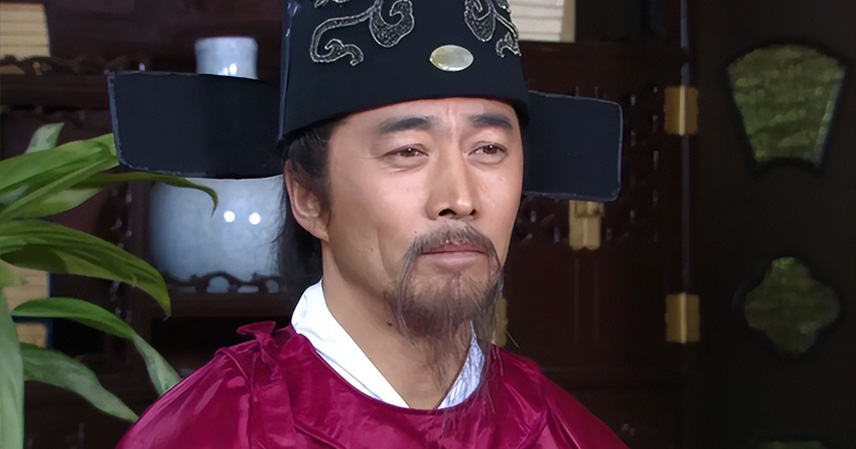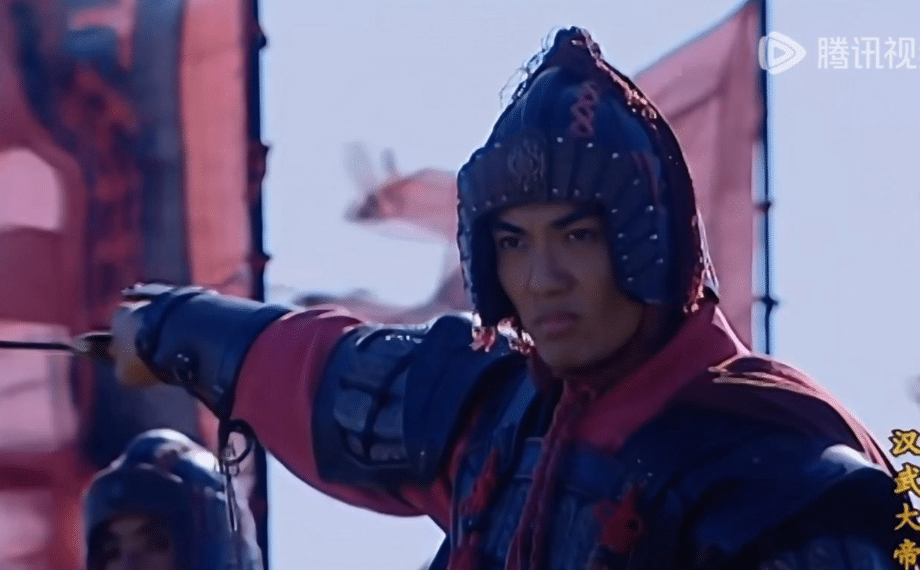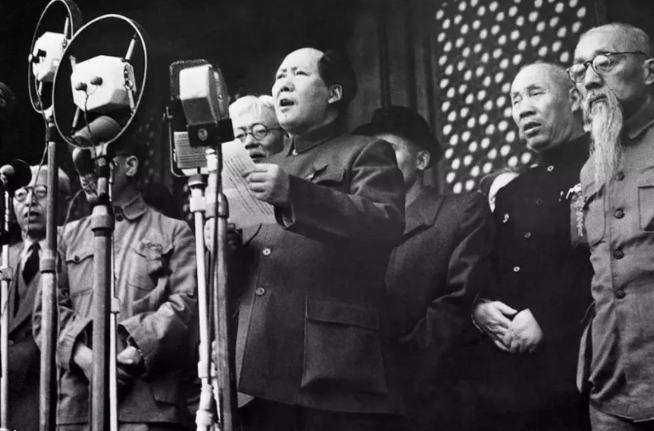In Records of the Grand Historian, the story of Fan Li assisting King Goujian of Yue highlights a timeless pattern: capable advisors often face peril once their rulers feel secure. Fan Li quietly departed after helping Goujian achieve greatness, warning his friend Wen Zhong that rulers may value allies in hardship but fear them in prosperity. Wen Zhong ultimately met a tragic end.
This historical pattern repeated itself across dynasties. Some rulers, like Zhao Kuangyin, used subtle strategies such as banquets to neutralize threats, preserving face and avoiding conflict. Others, like Goujian, employed more ruthless methods to eliminate potential rivals.
Zhu Yuanzhang: From Beggar to Emperor
Zhu Yuanzhang, founder of the Ming Dynasty, grew up in poverty, at times a beggar and even a Buddhist monk. Yet, through military prowess and strategic insight, he rose to challenge warlords like Chen Youliang and Zhang Shicheng, eventually establishing the Ming Dynasty.
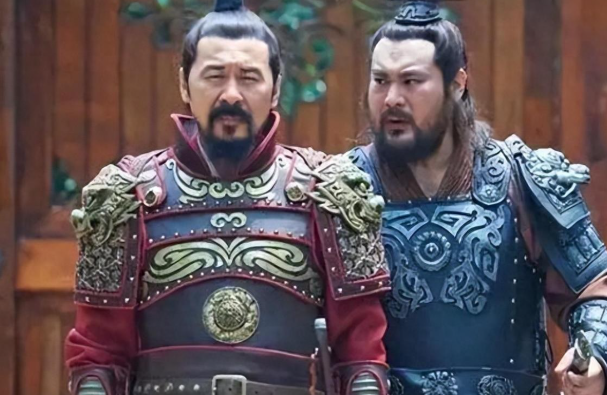
Even a leader of Zhu’s caliber needed capable advisors to consolidate power. Among them, Liu Bowen (Liu Ji) stood out for his extraordinary intelligence and strategic acumen. Had he lived in peaceful times, he might have succeeded through the imperial examination system, leading a respected, stable life. However, the chaotic late Yuan period offered both danger and opportunity.
Liu Bowen initially served in the Yuan court but resigned after realizing the dynasty’s instability. He then observed emerging rebel forces, eventually aligning with Zhu Yuanzhang, whom he recognized as the likely victor.
Much like Zhu Yuanzhang needed a wise strategist to unify China, Liu Bowen became his indispensable adviser, revered by later generations as a statesman who helped shape a dynasty.
Strategic Partnership and Military Success
By 1360, Zhu Yuanzhang, aware of Liu Bowen’s brilliance, invited him to join his camp. Liu Bowen provided a clear, methodical plan: eliminate Chen Youliang, defeat Zhang Shicheng, and assert independence from nominal overlords. Zhu Yuanzhang followed these recommendations, leading to a series of victories:
- 1363: Chen Youliang fell at Poyang Lake; his son surrendered.
- 1366: Zhu’s rival Han Lin’er drowned.
- 1367: Zhang Shicheng was captured and executed.
Liu Bowen also helped design strategies for overthrowing the Yuan Dynasty. In 1368, Zhu Yuanzhang established the Ming Dynasty, appointing Liu Bowen as Minister of History and Inspector General, overseeing the imperial administration.
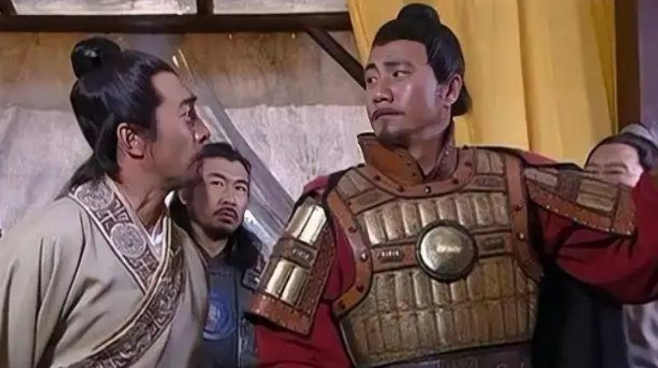
The Dilemma of a Talented Advisor
Once the Ming Dynasty was established, Zhu Yuanzhang faced a dilemma. While Liu Bowen’s talents were crucial in war, they now posed a potential threat in peacetime. Zhu feared that a minister as intelligent and strategic as Liu Bowen could manipulate court affairs, forming factions that might destabilize the dynasty, particularly for his heir, the weak and gentle Crown Prince Zhu Biao.
In 1371, Zhu Yuanzhang allowed Liu Bowen to retire. Yet Liu Bowen continued to advise the emperor, unwilling to fully withdraw. Zhu’s suspicion deepened: even in retirement, Liu Bowen’s influence could reach the court.
In 1375, during a mild illness, Liu Bowen was administered medicine by imperial physicians. Sensing something was wrong, he warned Zhu Yuanzhang of potential foul play. Despite this, Zhu dismissed his concerns. Liu Bowen, resigned to his fate, refused further treatment and passed away on the sixteenth day of the fourth lunar month.
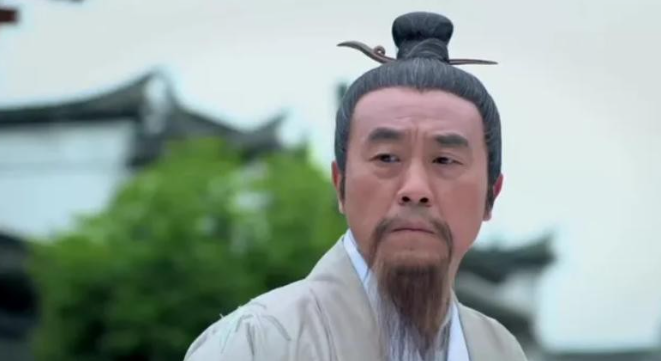
A Cautionary Tale
Zhu Yuanzhang’s actions may seem harsh, but his concerns were not unfounded. After his death, factional struggles emerged during the Ming Dynasty, demonstrating the dangers posed by unchecked ministerial power.
Liu Bowen, unlike Zhang Liang of the early Han, lacked the prudence to retire fully after assisting his ruler. His exceptional service ironically sowed suspicion, illustrating a tragic reality in autocratic systems: extraordinary talent can be both invaluable and dangerous.
References:
- Records of the Grand Historian
- Historical accounts of Zhu Yuanzhang and Liu Bowen, Ming Dynasty archives

